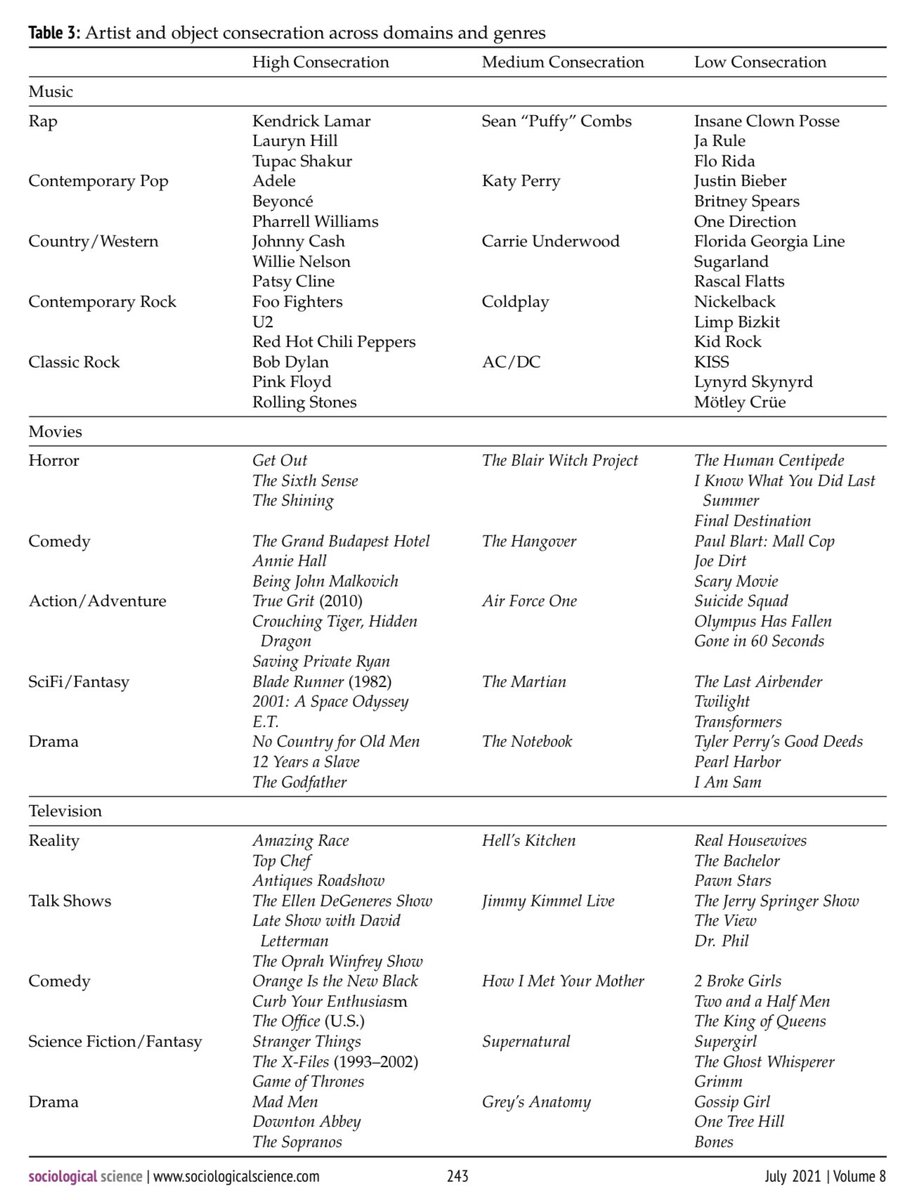
If you are an entrepreneur, you have probably engaged with the idea of "lean startups." As academics have begun to study the lean startup in more detail, they have started to uncover both big advantages & some real downsides. I wrote a summary of these: hbr.org/2019/10/what-t…
The good stuff: treating startups as experiments by generating hypotheses and testing them. This is at the heart of lean startup approaches, and several gold-standard randomized studies now show it actually helps startups make more money 

A downside: lean startups are biased towards very specific experiments: fast ones with easily measured outcomes. Startups using lean methods are thus less likely to engage in innovation & strategic leaps. (Also, using the Business Model Canvas has risks) sciencedirect.com/science/articl… 

Another downside: an overemphasis on customer interviews. You usually need far less before you move on to other experiments! 👇
https://twitter.com/emollick/status/1383999370710769666?s=20
I talk more about this in my book as well. amazon.com/Unicorns-Shado…
• • •
Missing some Tweet in this thread? You can try to
force a refresh














